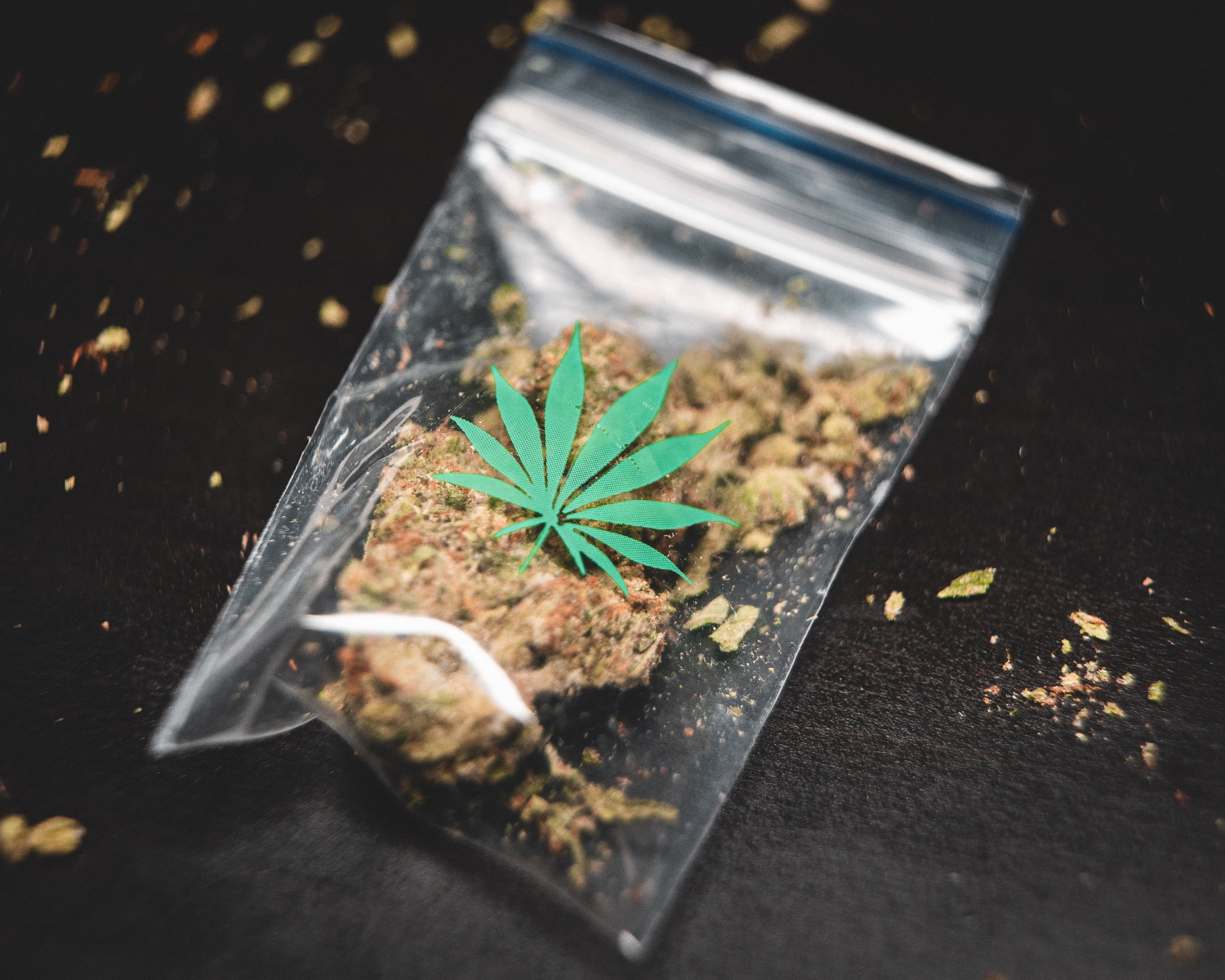The 2020 election is bringing a nationwide surge of cannabis legalization and drug decriminalization.
Voters in Arizona, South Dakota, New Jersey, and Montana approved referendums legalizing recreational cannabis use. South Dakota’s vote proved especially groundbreaking, with voters approving recreational and medical use at the same time.
Victory is Sweet
The reform continues as cannabis activists in Mississippi celebrate the state’s approval of medical cannabis use. This victory proves especially gratifying after numerous oppositional efforts. Despite pre-election polls indicating a majority of bipartisan support, two state medical associations distributed sample ballots containing instructions for rejecting the initiative. Ultimately, the propaganda proved ineffective, passing at nearly 67% majority.
New Jersey has yet to introduce official legislation regarding cannabis regulation. Instead, voters approved Public Question No. 1, a measure proposing a constitutional amendment that would “legalize a controlled form of marijuana called ‘cannabis’.” State senator Nick Scutari said he hopes to have a bill drafted as early as Thursday.
Voters Pass Further Drug Reform

Cannabis is not the only controlled substance to see reform on state ballots, with Oregon moving to decriminalize the possession of small amounts of heroin, cocaine, and methamphetamine. The Beaver State continued to make history, as it also became the first state to legalize psilocybin therapy. The District of Columbia also moved toward reform, becoming the fifth state to decriminalize psychedelics.
Every cannabis measure proposed in this year’s election proved successful, resonating with the growing bipartisan support of ending cannabis prohibition. Cannabis use, both recreational and medical, is now legal in fifteen states. With only 35 more to go, it may be safe to say that federal decriminalization is closer than we think.
In response to the cannabis’ sweeping victory, NORML Executive Director Erik Altieri perhaps said it best in a recent press release. “The public has spoken loudly and clearly, ” Alteri said. “Elected officials — at both the state and federal level — ought to be listening.”
RAPPER WEED: WHICH RAPPERS HAVE CANNABIS PRODUCTS IN THE MARKET?
10 UNDERRATED FEMALE RAPPERS YOU SHOULD LISTEN TO RIGHT NOW
9 RAPPERS FROM DETROIT YOU NEED TO KNOW THIS YEAR








